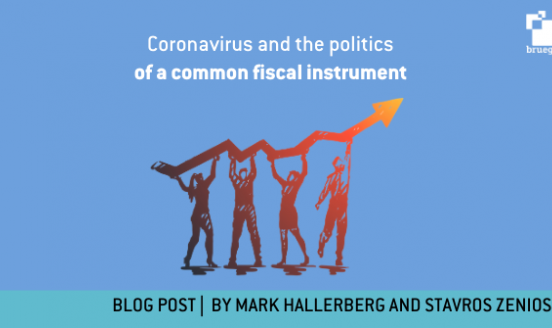Bad banks in the EU: the impact of Eurostat rules
At least 12 European Union member states used publicly created asset management companies (AMCs), otherwise known as a ‘badbanks’ to respond to
• At least 12 European Union member states used publicly created asset management companies (AMCs), otherwise known as a ‘badbanks’ to respond to the recent financial crisis. This tool remains an option for future bank resolutions under the EU Bank Recovery and Resolution Directive.
• We assess the design of AMCs in the recent crisis and why their form has changed. Through its role as definer of statistical concepts used under the Stability and Growth Pact, Eurostat has affected the design of AMCs. Increasingly stringent rulings on whether AMCs count as debt have pushed member states to create similar types of AMCs, namely those with majority private-sector ownership.
• We argue that privately owned AMCs act differently to publicly owned ones. In particular, private AMCs usually impose larger haircuts on the price they pay for the assets they acquire. This haspositive benefits for how profitable the AMC will be and how much it will help in avoiding the creation of zombie banks and zombie badbanks.
• There are important caveats. The effect of Eurostat’s accounting rules on decision-making is stronger in countries with more strained budgets. Also, when the public owns a failed bank, Eurostat rulesare likely to have little impact on AMC ownership decisions. Governments tend to use publicly owned bad banks to resolve publicly owned failed banks. This is because it is difficult to compel private sector involvement in these situations


